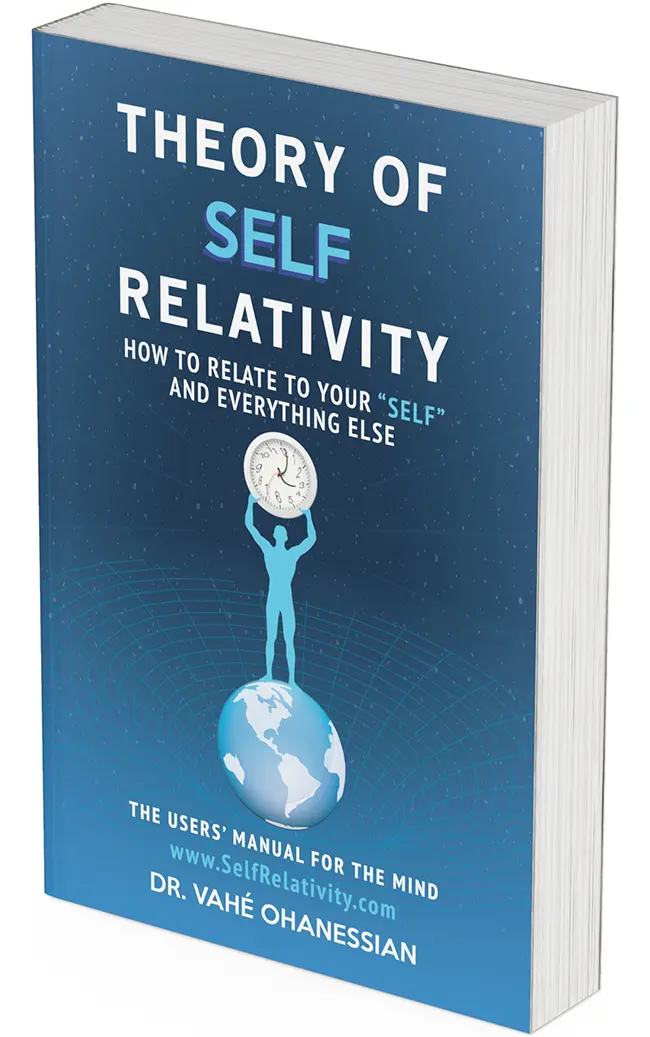Placebo-Thinking
If it conflicts with how I want to feel; therefore, it must not be true.
Theory of Self-Relativity considers self-deception as one the main enemies for self-improvement. According to Theory of Self-Relativity we self-deceive by creating false-thoughts and fallacious-beliefs so that we can rationalize and support our desired-feelings instead of putting in effort to change the causes of our dislikable and undesired-feelings. Hence;
The biggest lies we hear are the lies we tell our “Self”; because the easiest person to fool is our “Self”.
We nonconsciously would rather to self-deceive than to make a positive-change because change is often an undesired, time-consuming and effort-requiring process which could take a while to yield positive-results. However, self-deception via emotional-thinking could make us feel good or at the minimum make us feel less-bad instantaneously without having to go through the process of change. Although self-deception doesn’t resolve the negativities and it only postpones the inevitable; our urge to avoid pain, to feel good, or at the minimum to feel less-bad instantaneously engages us in self-deception.
The most common way that we self-deceive is by creating thoughts to fit our feelings rather than creating feelings that are as a result of our thoughts. Theory of Self-Relativity has termed and coined this act of fitting facts to feelings as “Placebo-thinking”.
Theory of Self-Relativity defines “Placebo-Thinking” as “thoughts that we concoct regardless of their factuality in order to support our desired feelings”.
According to Theory of Self-Relativity placebo-thinking is a form of emotional-thinking or emotional-reasoning because placebo-thinking convolutes the separation of thought from feelings. Simply stated;
Placebo-thinking is “to think based on how we want to feel”.
Since human-beings are more feelings-aware than thoughts-aware; we frequently act and make decisions based on our feelings rather than based on our thinking hence we often tend to think emotionally instead of thinking factually. However, emotional-thinking or emotional-reasoning often clashes with reality. Thinking emotionally rather than thinking factually is like trying to fit the square-peg of feelings into the round-hole of facts by forcing rationalization and justification; it simply will not work.
Factual-thinking through the Cognitive-Cognition-Technique enables us to minimize placebo-thinking by using our feelings to identify and understand our existing thoughts rather than to use our feelings to concoct desired-thoughts.

